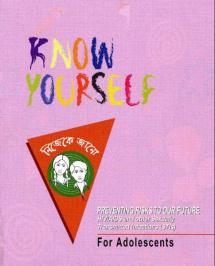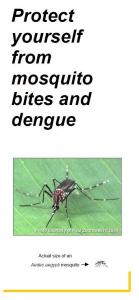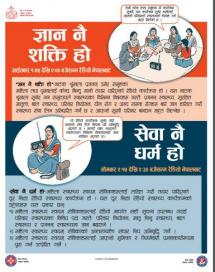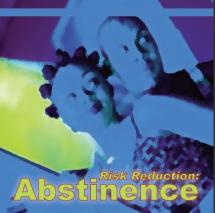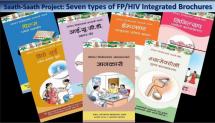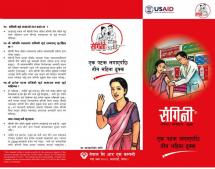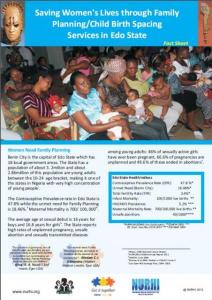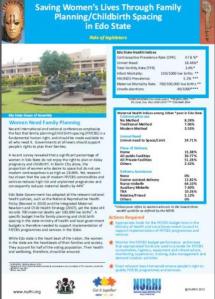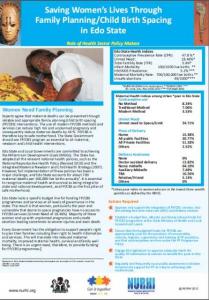Preventing Risks to Our Future
The “Know Yourself” Adolescent Reproductive Health (ARH) Communication Program was developed by the Bangladesh Center for Communication Programs (BCCP), with support from the ARH Working Group, technical assistance from the Health Communication Partnership, based at the Johns Hopkins University Center for Communication Programs (JHU.CCP) and with funding from USAID and UNICEF.
In order to promote awareness and address adolescent issues and problems, BCCP orchestrated an ARH Communication Strategy. Based on an extensive research, a set of materials on the adolescent reproductive health behavior was produced for adolescents, communities and parents. The purpose of the materials is to disseminate information, create motivation and teach life skills to deal with adolescence issues and to foster an enabling environment that promotes knowledge and service-seeking.
This pamphlet explains the male and female reproductive system, how HIV/AIDS works, using condoms, and answers questions about HIV/AIDS and STIs.
Source: Bangladesh Center for Communication Programs (BCCP), ARH Working Group, Johns Hopkins University Center for Communication Programs
Date of Publication: March 25, 2019
SIMILIAR RESOURCES
Tools
Examples
- The P Process
- Toolkit for Transition of Care and Other Services for Adolescents Living with HIV
- Noora Health COVID-19 Resources
- Nonprofit Social Media Checklist
- Concept Brief: Pretesting
- Key considerations: Quarantine in the Context of COVID-19
- Family Planning and HIV Indicators
- Lever les Tabous: La sexualité et les approches promouvant l’égalité des genres pour mettre fin aux unions et aux mariages d’enfants, précoces et forcés
- Connect: Increasing Use of Pospartum Family Planning by First-Time Parents
- The (re)solve Project

